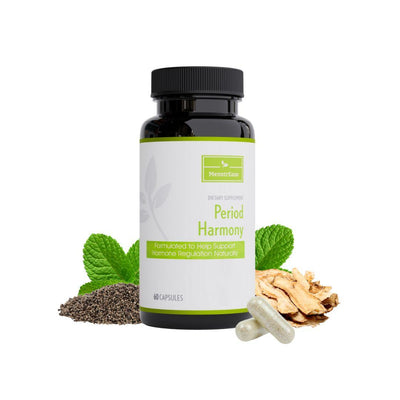Does Tylenol Help With Period Cramps? A Honest Answer
Tylenol Can Provide Relief for Menstrual Cramps, But May Not Be the Most Effective Option for Everyone
Yes, Tylenol (acetaminophen) can help alleviate the pain associated with menstrual cramps.It is a widely used over-the-counter pain reliever that can be effective for mild to moderate discomfort. However, for many individuals, it may not be the most effective choice compared to other readily available medications.
The pain from menstrual cramps is primarily caused by hormone-like substances called prostaglandins, which trigger uterine contractions and inflammation.While Tylenol works by elevating the body's overall pain threshold, it does not directly target the production of these prostaglandins.
Tylenol vs. NSAIDs for Menstrual Pain
Non-steroidal anti-inflammatory drugs (NSAIDs) are often recommended as the first-line treatment for menstrual cramps.This class of medication includes ibuprofen (Advil, Motrin) and naproxen (Aleve).NSAIDs are particularly effective for period pain because they work by reducing the production of prostaglandins, thereby addressing the root cause of the cramping and inflammation.
For this reason, many individuals find that NSAIDs provide more significant relief from menstrual cramps than Tylenol. However, Tylenol remains a valuable alternative for those who cannot take NSAIDs due to certain health conditions, such as:
- Stomach ulcers or a history of gastrointestinal bleeding
- Kidney disease
- Allergies to NSAIDs
- Use of blood-thinning medications
Recommended Dosage and Safety Precautions
When taking Tylenol for menstrual cramps, it is crucial to follow the dosage instructions on the product label. For adults, the general recommendation for Extra Strength Tylenol (500 mg of acetaminophen per caplet) is to take two caplets every six hours as needed.It is important not to exceed the maximum daily dose of 4,000 mg of acetaminophen, as doing so can lead to severe liver damage. Be mindful of other medications you may be taking that also contain acetaminophen to avoid accidental overdose.
Recommendations from Health Organizations
Many health organizations, including the American College of Obstetricians and Gynecologists (ACOG), typically suggest starting with NSAIDs for the management of menstrual cramps due to their targeted mechanism of action. However, they also recognize acetaminophen as a viable option for pain relief.
In conclusion, while Tylenol can certainly help to reduce the discomfort of menstrual cramps, NSAIDs are often more effective for many people because they directly target the underlying cause of the pain. If you find that Tylenol is not providing adequate relief, or if you are unsure which medication is right for you, it is always best to consult with a healthcare provider.







